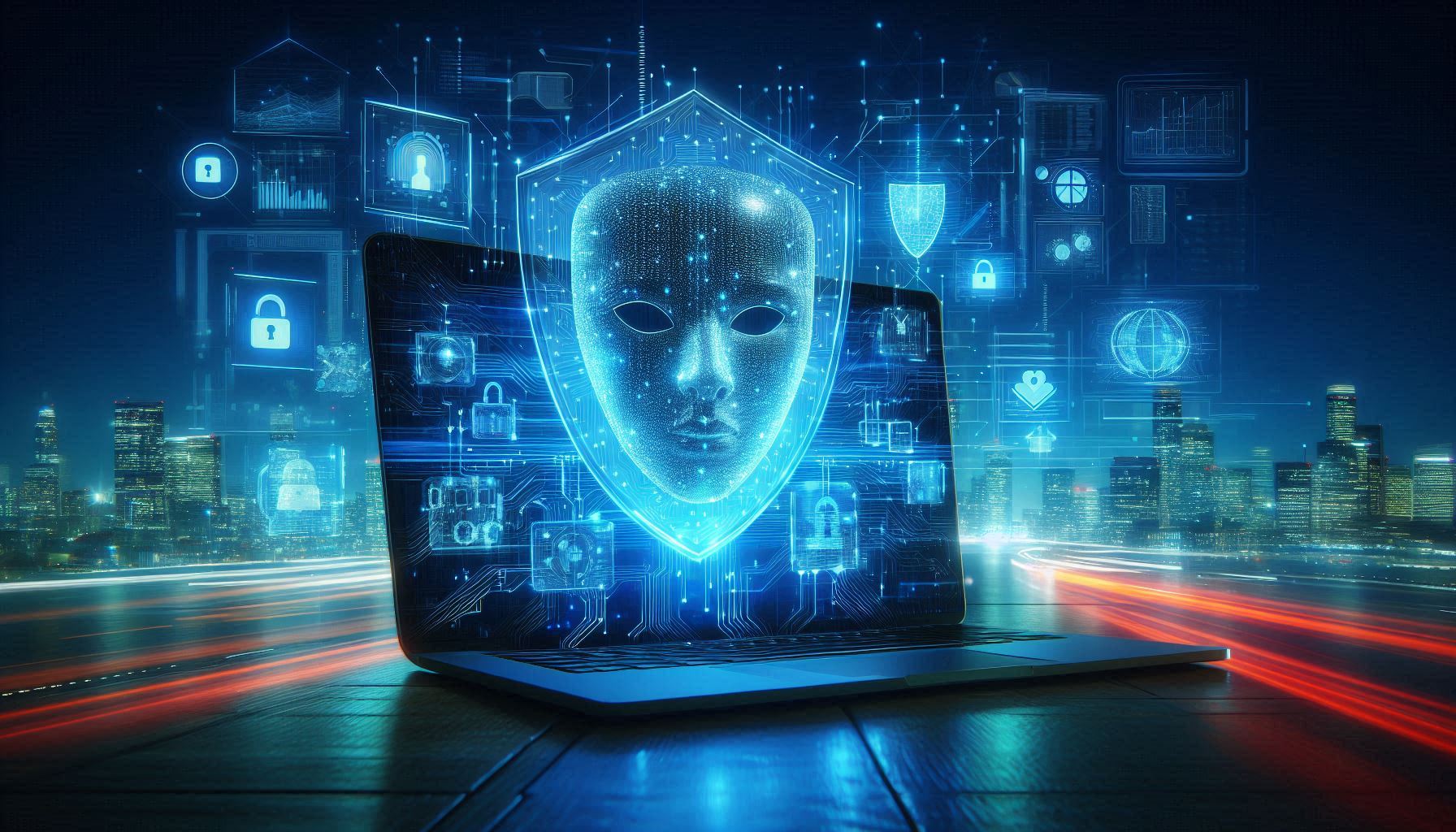 SECURITY
SECURITY
 SECURITY
SECURITY
 SECURITY
SECURITY
Artificial intelligence is proving a double-edged sword for enterprise cybersecurity. On one hand, it’s evolved as a powerful weapon for organizations to automate and bolster operations and systems. Conversely, bad actors weaponize it to spawn new ransomware and AI cybersecurity threats at a dizzying pace.
“It’s a transformative time for cybersecurity as a whole,” said Deepen Desai, chief security officer of Zscaler Inc., in a recent interview with theCUBE. “With the advent of generative AI, there is a huge opportunity where it comes to applying both generative and predictive models in transforming how security operations are done. We also have to be wary of the fact that the bad guys are also going to be leveraging this and targeting your organization. It’s already happening.”
The writing is on the wall. Cyberattackers are using gen AI to create spam communications and mimic critical corporate web entities. At the same time, cloud-reliant enterprises have much more to lose than ever before. How can companies stay safe in the wake of AI-reliant threat actors with a new range of active tooling?
Here’s a breakdown theCUBE’s ongoing exploration of an industry primed to boost efforts in combating the sprawl of AI-related cybersecurity threats, spotlighting recent developments and thought leadership from Zscaler.
Zscaler’s recent “ThreatLabz 2024 AI Security Report” found that enterprise AI transactions grew by 595% in 2023’s last three quarters. But at the same time, AI transaction blockage stands at 18.5%, an increase of 577%. The takeaway is that companies are weary of shadow infiltration by copycat AI apps.
“As you enable organizations to adopt AI securely, it is still adding to your attack surface,” Desai explained. “You see very, very persuasive phishing pages, phishing emails being crafted using AI. You need to have zero trust. It’s only going to keep getting worse.”
Zscaler has evolved its zero-trust innovation through partnerships, cementing a cornerstone alliance with CrowdStrike Inc. Bridging specialization gaps between both vendors, Zscaler hopes this partnership will expand the theme of ecosystem collaboration in the cybersecurity space.
“We have released a context engine … we are allowing multiple partners to build on that,” said Punit Minocha, executive vice president of business development and corporate strategy at Zscaler, in a recent interview with theCUBE. “That allows for a more resilient, more tolerant approach. And, listen, things happen in security, things happen in IT. It is our job as vendors to make sure that we are adapting and learning and building something that is fail-safe.”
The current state of cybersecurity is fragmented, with a litany of vendors specializing in different areas. Relying on an assortment of tools can leave exploitable gaps in inroads through which companies can be infiltrated.
“Security does tend to be very fragmented and when it’s as fragmented as it can be, it adds complexity,” Minocha said. “When it adds complexity, there’s room for error, there’s risk stuff that happens, risk gets introduced. There is generally a trend toward trying to consolidate that. At the same time, there are certain swim lanes that are very natural. That’s where Zscaler and CrowdStrike have landed, that allow ourselves to have that open ecosystem mindset, partner with the best and go solve customers’ problems.”
Today’s bad actors aren’t all about disrupting business operations. Ransomware attacks are on the rise, and it’s forcing a rethink on ransomware protection as merely a bolt-on to cybersecurity solutions. Moving forward, zero trust security and least-privileged access for identity management will be crucial weapons in the hands of defenders against AI cybersecurity threats.
“Zscaler consistently invests in its cloud security operations to ensure we have ample capacity to rapidly scale with user growth, and we built in resilience at its heart to ensure non-stop operations for our customers,” said Jay Chaudhry, chairman, founder and chief executive officer of Zscaler, in a recent press release. “As an innovator and a market leader, we also introduced a Business Continuity service that enables customers to continue their operations, even during catastrophic events.”
Another worrying trend is the psychological change in cyberattackers. Today, they’re not as concerned with fame, notoriety or news coverage, making them more mature, focused and dangerous than ever. Examples such as the Dark Angels group serve to illustrate this trend, according to Brett Stone-Gross, senior director of threat intelligence at Zscaler, in a recent interview with theCUBE.
“What we’re seeing with Dark Angels is they haven’t really been in the headlines almost at all,” he said. “They do that on purpose because they don’t want to be in the news. They get a lot less scrutiny from researchers, a lot less scrutiny more importantly from law enforcement. They’re actually more successful than nearly any other group, if not the most successful group, and for that reason, we ranked them number one in our ransomware report this year.”
Support our mission to keep content open and free by engaging with theCUBE community. Join theCUBE’s Alumni Trust Network, where technology leaders connect, share intelligence and create opportunities.
Founded by tech visionaries John Furrier and Dave Vellante, SiliconANGLE Media has built a dynamic ecosystem of industry-leading digital media brands that reach 15+ million elite tech professionals. Our new proprietary theCUBE AI Video Cloud is breaking ground in audience interaction, leveraging theCUBEai.com neural network to help technology companies make data-driven decisions and stay at the forefront of industry conversations.